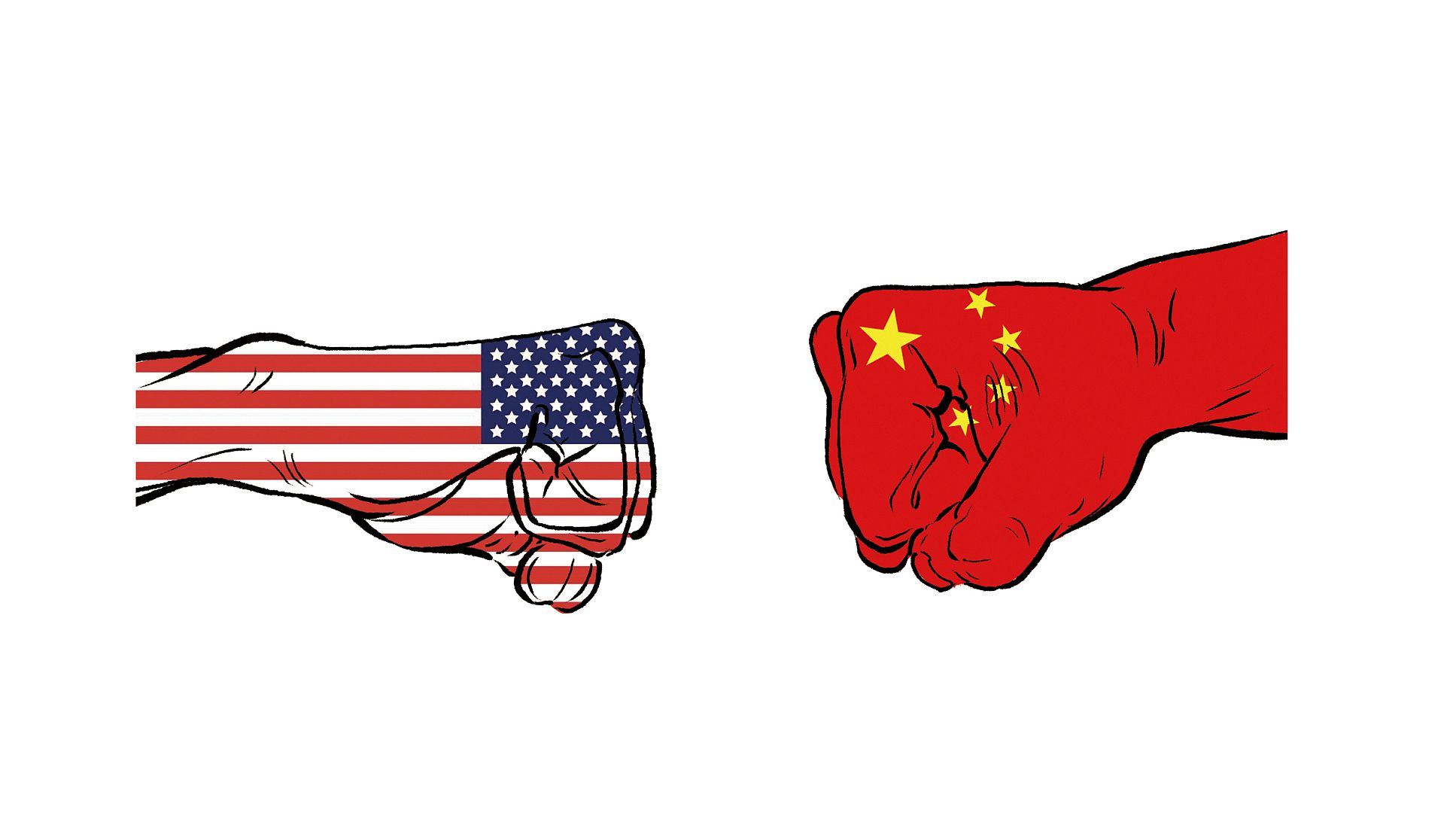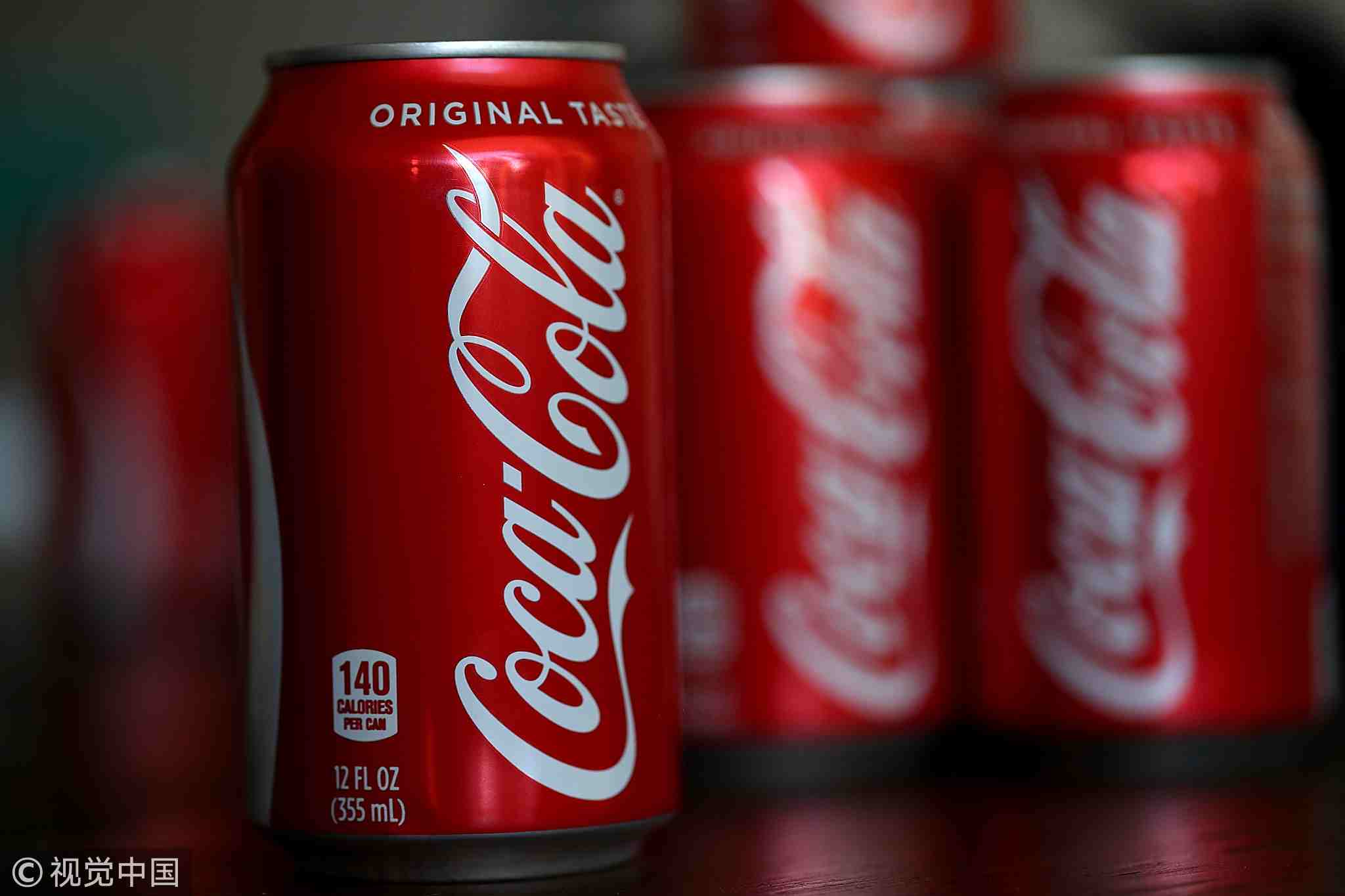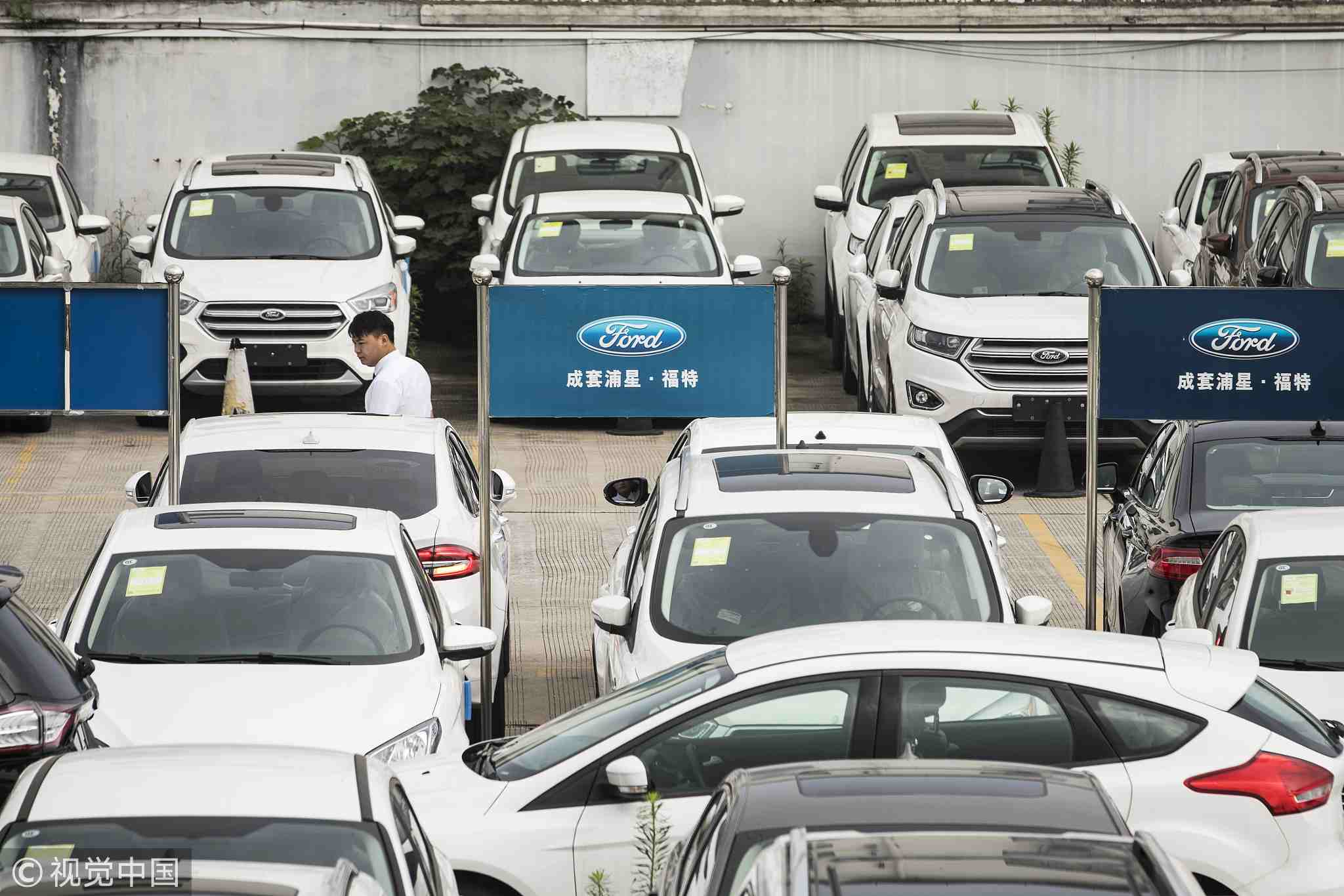
Opinions
22:28, 11-Aug-2018
Opinion: An interesting public hearing on tariffs in the US
Updated
21:41, 14-Aug-2018
Dugujiuduan

Editor's note: The article is translated and edited from an article originally published on the overseas edition of People's Daily. It reflects the author’s views, and not necessarily those of CGTN.
No one in the world, except perhaps the White House, believes there will be a winner in a trade war.
Recently, the Office of the United States Trade Representative (USTR) released a list of 16 billion US dollars’ worth of Chinese imports that will be subject to an additional 25 percent tariffs. The charges will go into effect on Aug. 23.
A spokesman for the Ministry of Commerce of China pointed out that the US once again put its domestic law above international law, which is a very unreasonable practice. To safeguard its legitimate rights and interests and the multilateral trading system, China has no choice but to take necessary counter-measures. China has released a tariff list of the same scale and the tariffs will also take effect on Aug. 23.
In fact, the “unreasonable” practice of the US has also been the target of complaints by many American companies, as can be seen from the public hearing from July 24-25.

Farmer Terry Davidson displays one of his soybeans in Harvard, Illinois, US, July 6, 2018. /VCG Photo
Farmer Terry Davidson displays one of his soybeans in Harvard, Illinois, US, July 6, 2018. /VCG Photo
The hearing, off-camera as set by the USTR, was given scant coverage in the US media, but we can gain some insights into why the US launched a trade war in the first place from a 600-page transcript of the hearing published by the USTR afterwards.
During the two-day public hearing, the interagency Section 301 Committee sought comments and testimony of 82 presidents of trade associations, business founders, CEOs and others on the proposed list of 16 billion US dollars’ worth of Chinese imports that would be subject to additional tariffs. As a result, 76 executives present opposed it and only 6 supported it. Some executives were worried that the increase in tariffs would threaten the development of their own businesses, and there were also risks of job losses.
The records of the speeches made by those executives show that there is a consensus in the American business community: the levy of additional tariffs on Chinese imports will inevitably have an adverse impact on the economic development of the US.
The Motor & Equipment Manufacturers Association (MEMA) stated that its Chinese suppliers provided the largest number of manufacturing jobs than any other country, directly affecting more than 871,000 jobs in 50 states, and the additional duties by the US would disproportionately increase the production cost of American companies, cause huge losses to them, and even result in bankruptcies of small and medium-sized enterprises.
Goal Zero, the world’s largest maker of portable solar equipment, said it was unable to find a suitable supplier of raw materials in the US, because only a handful of small Chinese companies were willing to do deep processing of the raw materials to be used for customized components.
Brinly-Hardy, the 179-year-old maker of residential and commercial lawn and landscaping equipment, said that the additional tariffs would add at least 25 percent to its costs, lamenting that the tariff list would probably be the “last straw.”

Cans of Coca-Cola are displayed in San Rafael, California, US, July 25, 2018. /VCG Photo
Cans of Coca-Cola are displayed in San Rafael, California, US, July 25, 2018. /VCG Photo
Many American companies, like Chinese ones, are deeply integrated into the international division of labor, enjoying dividends of “Made in China” and benefiting from the global trading system. They all agreed that Washington’s accusations of China’s “unfair trade practices” were one-sided and implausible.
As can be seen from the records of the hearing, the staff of the USTR tried every means to dig out from the companies evidence of China’s infringement of intellectual property rights and unfair trade practices, but just about all companies denied it.
Pedego, a leading US maker of electric bikes, said all of its designs were done in California, and manufacturing and assembly in China did not involve industrially significant technologies, intellectual property or innovations. Also, electric bikes have nothing to do with “Made in China 2025,” a national plan to comprehensively upgrade China’s manufacturing industry that has been targeted by the Trump administration.
Like Pedego, many companies denied that the tariff list was related to “Made in China 2025.” They said their patents had not been stolen in China, nor had they been forced to transfer patents to Chinese companies. They did not believe the US government would achieve its desired goal by imposing tariffs.
Unfortunately, it is clear that the testimony of American companies did not “impress” the USTR. The fact that most companies present were opposed to the tariffs made no difference to the outcome. Just to respect the “public opinion” of the hearing, the US government reduced the number of tariff lines from 284 to 279.

Ford Motor Co. vehicles on display at a car dealership in Shanghai, China, July 8, 2018. /VCG Photo
Ford Motor Co. vehicles on display at a car dealership in Shanghai, China, July 8, 2018. /VCG Photo
The US government has long made a political premise for the Sino-US trade war, and they are aware that the accusations against China are groundless, so they have greatly exaggerated the so-called “unfair trade practices” of China, including the theft of intellectual property rights, forced technology transfer, industrial subsidies and so on.
What they are doing is simply trying to contain a rising China, blocking the upward trajectory of the country at the critical stage of its industrial upgrading, and curb the momentum of China’s booming development. Therefore, though the Sino-US trade war seems to have resulted from trade friction, there are in fact political considerations behind it.
China knows the real reasons and purposes behind the trade war very well. “The US side has fabricated a set of policy logic that distorts the truth of Sino-US economic and trade relations for the sake of domestic political needs and for the purpose of suppressing China’s development,” said the Ministry of Commerce of China in a statement.
The Trump administration insists on going its own way despite strong opposition from all sectors of US society. This hearing is a case in point.

SITEMAP
Copyright © 2018 CGTN. Beijing ICP prepared NO.16065310-3
Copyright © 2018 CGTN. Beijing ICP prepared NO.16065310-3